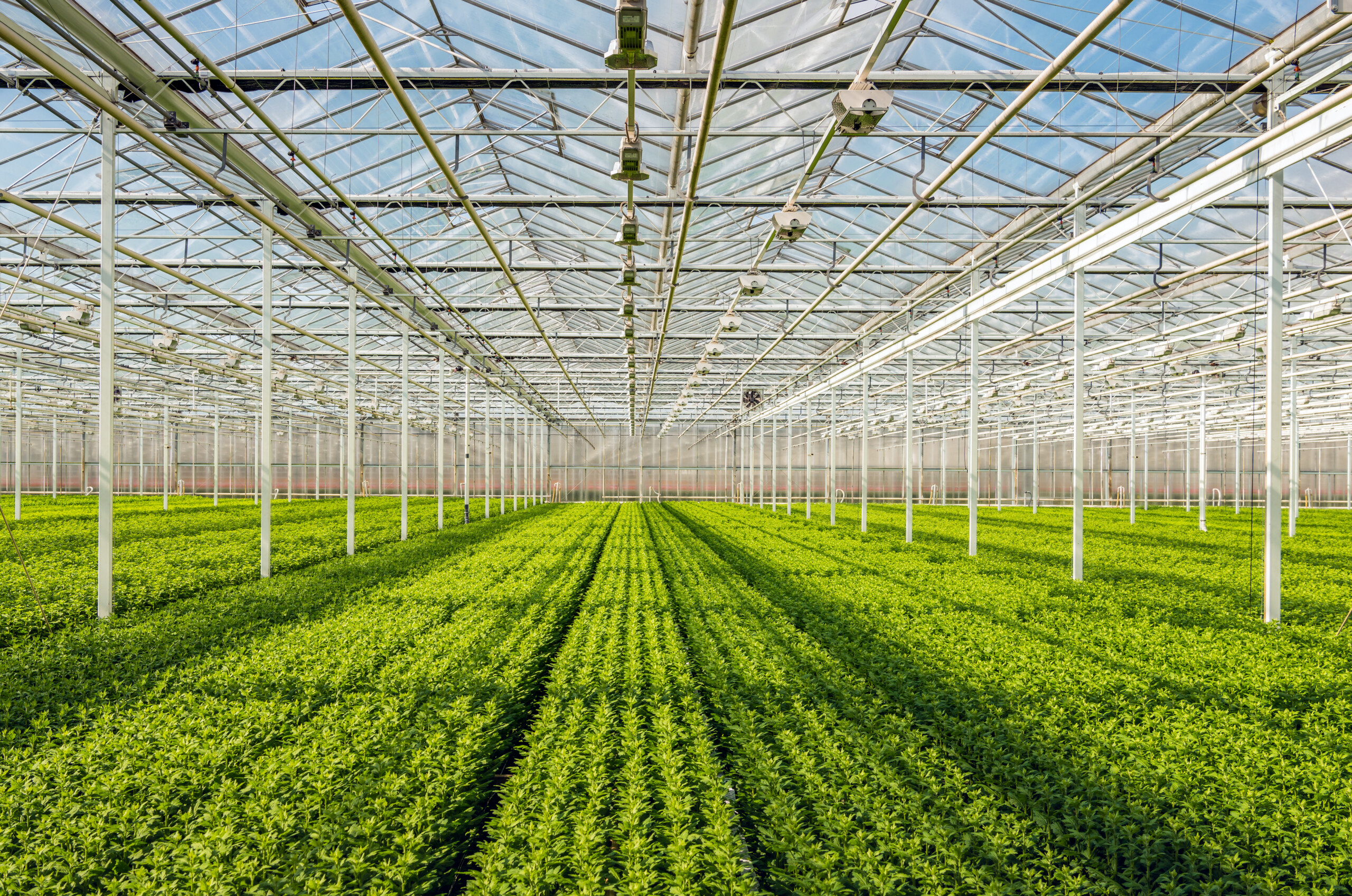Nursery
-

The Greenhouse*A*Syst publication Series has been developed to assist greenhouse owners with the task of assessing three management issues: Water management, Environmental Risk and Business Profitability. This publication will also help you establish a water conservation document you may find useful if and when state or local water authorities develop policies or implement water restrictions. Most water authorities are favorably impressed with businesses that have developed water conservation plans.
Svoboda Pennisi
|
-

The Greenhouse*A*Syst series of publications is a confidential self-assessment program you can use to evaluate your greenhouse business for risks associated with water management issues. Armed with facts and figures, you will then be able to reevaluate your management strategies and determine ways to conserve water and minimize those risks. By following the guidelines, you will be able to establish a formal company-wide water conservation plan. Implementing this plan will facilitate more efficient use of resources and impart significant savings in water use, fertilizer and pesticides.
Svoboda Pennisi
|
-

B 1276
Water Management Assessment
The Greenhouse*A*Syst series of publications is a confidential self-assessment program you can use to evaluate your greenhouse business for risks associated with water management issues. Armed with facts and figures, you will then be able to reevaluate your management strategies and determine ways to conserve water and minimize those risks. By following the guidelines, you will be able to establish a formal companywide water conservation plan. Implementation of this plan will facilitate more efficient use of resources and impart significant savings in water use, fertilizer and pesticides. This publication will help you take a candid look at how you approach water management.
Svoboda Pennisi
|
-

B 1277
Water Quality Assessment
The Greenhouse*A*Syst series of publications is a confidential self-assessment program you can use to evaluate your greenhouse business for risks associated with water management issues. Armed with facts and figures, you will then be able to reevaluate your management strategies and determine ways to conserve water and minimize those risks. By following the guidelines, you will be able to establish a formal companywide water conservation plan. Implementation of this plan will facilitate more efficient use of resources and impart significant savings in water use, fertilizer and pesticides. This publication will help you determine your water quality and help you develop a management plan to monitor your water quality.
Svoboda Pennisi
|
-

The Greenhouse*A*Syst series of publications is a confidential self-assessment program you can use to evaluate your greenhouse business for risks associated with water management issues. Armed with facts and figures, you will then be able to reevaluate your management strategies and determine ways to conserve water and minimize those risks. By following the guidelines, you will be able to establish a formal company-wide water conservation plan. Implementation of this plan will facilitate more efficient use of resources and impart significant savings in water use, fertilizer and pesticides. This publication will help you assess the feasibility of water reclamation and recycling in your operation.
Svoboda Pennisi
|
-

The Greenhouse*A*Syst series of publications is a confidential self-assessment program you can use to evaluate your greenhouse business for risks associated with water management issues. Armed with facts and figures, you will then be able to reevaluate your management strategies and determine ways to conserve water and minimize those risks. By following the guidelines, you will be able to establish a formal company-wide water conservation plan.
Implementation of this plan will facilitate more efficient use of resources and impart significant savings in water use, fertilizer and pesticides. This section will help you develop a plan to
conserve water resources and establish a company policy. It will also ask you to become more aware and involved in local water use legislation. By completing this section, you will reduce the risk of being caught off-guard by water shortages due to legislative and social issues in your community.Svoboda Pennisi
|
-

This diagnostic system is designed as a tool to assist growers, Extension specialists and county agents to diagnose problems with ornamental crops. The document consists of six major sections and five appendices. Each section is designed to supply information on various important aspects of the crop under scrutiny.
Svoboda Pennisi
|
-

Weed management is one of the most critical and costly aspects for container nursery production. High irrigation and fertilization rates create a favorable environment for weed growth in addition to crop growth. Weeds can quickly out-compete the crop for light and other resources, reducing the rate and amount of crop growth as well as salability. Weed management in nursery production is most effectively achieved by preventative practices, primarily with the use of pre-emergent herbicides. However, there are valid reasons for managing weeds using alternatives to synthetic herbicides. Weed management alternatives to synthetic herbicides include sanitation, exclusion, prevention, hand weeding, mulching and use of cover crops, heat and non-synthetic herbicides. Only some of these alternative methods can be used to control weeds in containers, but all can be used to manage weeds around containers and in non-crop
areas.Matthew Chappell
|
-

Many pesticides require the addition of an adjuvant, and some do not. When applying fungicides, insecticides or herbicides without a recommended adjuvant, 30 percent to 50 percent reduction in pest control can be expected. Adjuvants may cause damage to a plant if the wrong adjuvant is used or if it is used at too high a concentration. Using the correct adjuvant on a greenhouse crop is a critical decision. This bulletin is intended to describe how adjuvants differ and what adjuvants are best to use.
Paul Thomas and Mark Czarnota
|